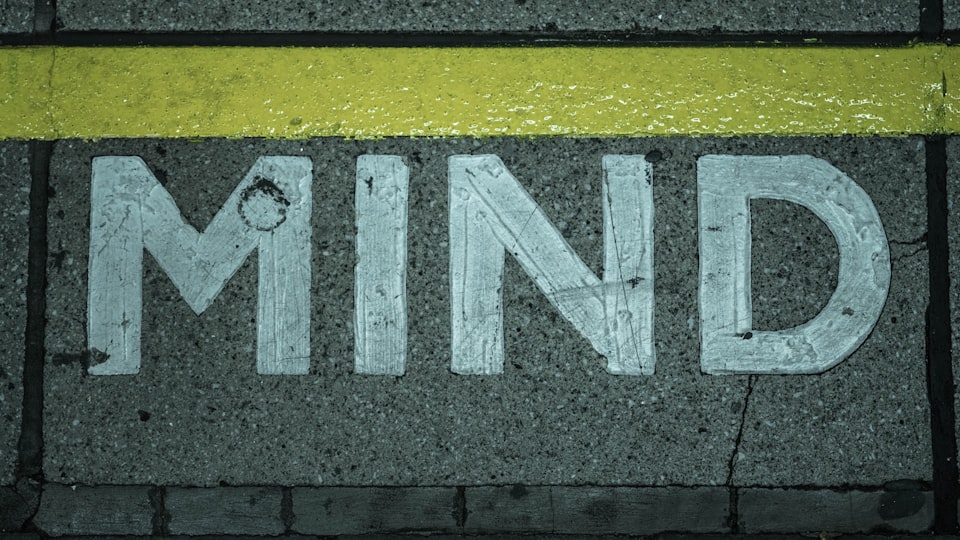Continuing the through my eyes series, I'm here to write about some concepts, thoughts, and notions I recently thought of and came across.
Decision-making
There are no small decisions. There are big, life-changing decisions, but other so-called "small" decisions almost always aggregate into something more significant in the long term. Every decision, whether physical, emotional, financial, big or small, has consequences and compounds over time, and they change our minds daily. We should think carefully before deciding.
Mental Exercise
Try this mental exercise if you have an emotional, mental, or physical challenge. Think as if you are advising a friend, colleague, or younger sibling. What would you say to these people if they came to you with that specific problem? You will have your answer. This exercise enables you to reason, take yourself out of the problem, and view it objectively without any judgments or biases. It's easier said than done in my experience, but it is possible through practice.
Regrets
Quote from an elderly woman in a YouTube video when asked if she has any regrets in her life: "Days are long, but years are short. Spend your time wisely."
Hanlon's Razor
Hanlon's Razor states, "Never attribute to malice what can be adequately explained by stupidity." A philosophical razor is a rule of thumb or a principle for eliminating unlikely explanations for a phenomenon, thereby eliminating unnecessary actions. Hanlon's Razor says that people are not evil most of the time, though their actions seem to be so. It might just be that they weren't aware of their actions. I think it's a double-edged sword, but it's something to keep in mind.
Finishing and Completing tasks
Here's a quote from music composer A. R. Rahman: "There is a difference between finishing something and completing something." In an interview, he explained that finishing something is just the act of getting done with something, whereas completing something has more dimensions – doing the work right with focus, effort, and satisfaction where the task is complete and self-contained. I realized I had finished some blog posts and completed some blog posts, and it was a fresh perspective that applies to pretty much everything we do.
Habits
Paraphrasing from Huberman Lab podcast on Habits: "Many times I have been asked how long it takes to make or break a habit. Some say it is 21 days. Some people look for a specific number of days. The answer is that there is no single answer. It depends on the habit and the person. Some habits are context-dependent, and some are not. People are wired differently; the same habit might take different times for different people. One of the contributing factors is a term I've coined as 'Limbic Friction.' It is the friction between our Limbic System and the Forebrain (Prefrontal Cortex).
"The Limbic System is part of the brain that focuses on reflexes, impulses, and other primitive functions. It focuses on what is happening now. The Prefrontal Cortex is the rational decision-maker. If the friction is high, the habit takes longer to form. In simpler words, Limbic Friction is the friction/laziness we feel when we think about making or breaking a habit. We know some habit is good or bad for us, but we feel that friction to take action."
Dr. Huberman explained some tools to help reduce limbic friction in the two-hour episode, but this concept of limbic friction was enlightening. Here's a link to the full episode if you're interested.
These are the things I wish to practice going forward, things that made some sense to me in the last few days. I hope you found some of these helpful. Thanks for reading. Cheers!



